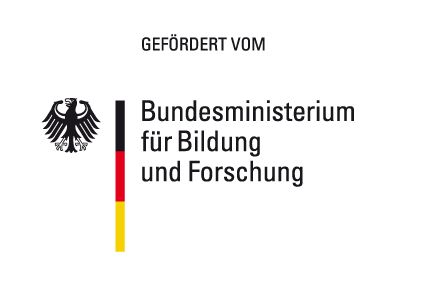University communication at non-state universities: practice and organization (HoKoPrO)
New Public Management not only represents a solution formula for the governance of universities, but is itself bringing far-reaching organizational changes to the entire German higher education landscape. The attractiveness of these forms of governance is due to the complex challenges posed by the increasing medialization, politicization and economization of science and research. As a result, universities are often faced with far-reaching demands for more communication, transparency and the transfer of technology and knowledge, accompanied by the requirement to actively shape transformation processes. Against this backdrop, university communication is becoming a strategically important and central task for universities, which no longer only focuses on science communication in the traditional sense, but is also dedicated to third mission activities and the comprehensive environmental relationships that universities enter into.
While there are already initial insights into the organization and practice of university communication at state universities, there is a lack of knowledge about how this field of activity is shaped by non-state universities. There are no analyses of how higher education communication at non-state universities is organized against the background of these developments and requirements. This research gap is all the more astonishing as non-state universities are gaining considerable relevance in the German higher education landscape.

Next to them Stefan Böschen and Astrid Schulz from RWTH Aachen University.
The project presented is dedicated to the research gap described above and aims to shed more light on university communication at non-state universities. The central question is how university communication - understood as organizational communication - is shaped by non-state universities against the background of their organizational characteristics.
The HoKoPrO project looks at differences and similarities between non-state universities. The diversity of individual organizational characteristics (size/number of students, international orientation, regional ties, different founding motives & self-images, study programmes & study concepts, budget & third-party funding strength, third-mission orientation, research profile or orientation, etc.) is taken into account. Based on this, the project examines which communication requirements are perceived and how these are reflected in different strategies and the practical, media implementation. The aim of the project is to gain insights into the logics, strategies and practice of university communication at non-state universities through an integrated, interlinked sociology of science and communication science perspective.
The research focus of the KIT participants in the project is on communication science evaluation strategies and an in-depth analysis of university communication practices. The data basis for this analysis is the content of relevant university media channels as well as expert interviews with communicators at selected universities. In addition to the content and target groups addressed , the diversity of channels and the different communication logics (YouTube, Twitter, Instagram, etc.) are systematically included in the analysis of university communication. In this way, the specific university communication practice, its different requirements and conditions are researched.
Research field university communication - further projects
The chair is broadly positioned in the research field of university communication and has been active for many years. Read more about university communication research.
One project combines university communication research with sociological organizational research and was funded by the Volkswagen Foundation from 2017-2019: Researching university communication: organization of university communication as a function of university forms
Another project began collecting data on university communication back in 2015. Funded by the Federal Association of University Communication, a quantitative online survey among university communicators in two waves was carried out.


